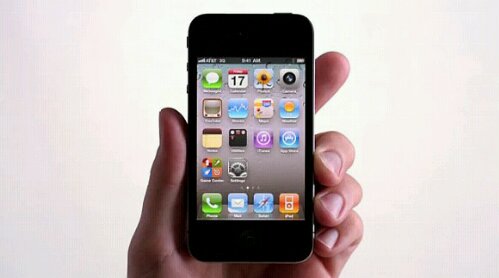
One of the key contributing factors of Android’s dominance in the mobile market in such a short time span is affordability. Entry-level and mid-range Android devices are meeting the rise in demand for smart phones in more markets, making Android phones an appealing choice for those who are upgrading from dumb phones and also first time smart phone buyers.
Having being dominant in the upper segment of the mobile market, Steve Jobs and Apple want in on this bigger, more lucrative piece of the mobile pie and this is the basis of Bloomberg’s report citing unnamed sources that Apple is working on cheaper and smaller variants of the iPhone.
Apple is considering an outright retail price (no-contract) of US$200 (or about RM610) for the phone. An iPhone at the price point is indeed very attractive but what would be the trade-off? What would Apple compromise to make such a phone?
Bloomberg’s sources are saying the cheap iPhone will be one-third smaller than the current iPhone. To bring cost down further, the phone will use hardware a generation behind the current model. This is hard to swallow because as it is, the iPhone 4 with its 3.5-inch screen is already one of the smallest smart phones in the market. Reducing the size of the iPhone by another third would mean reducing the screen size by around half an inch or more. An iPhone with a 3-inch screen and obsolete hardware is not something Apple is ready to put its logo on in our opinion.
In any case, Apple is well-known for its fat margins, so for US$200 could Apple compete with LG, Samsung and HTC it terms of producing a device that delivers the biggest bang for the buck. Purchasing psychology at the lower end of the market segment is very different. Brand has a smaller role to play in generating appeal, rather it’s the devices with the most features at the lowest price that’s often a clear cut winner.
At the end of the day, the cheap iPhone may not even happen at all, says the report.
While Apple has aimed to unveil the device near mid-year, the introduction may be delayed or scrapped, the person said. Few Apple employees know the details of the project, the person said. Apple often works on products that don’t get released.
So what do you think?
Bloomberg’s full report can be viewedhere.






